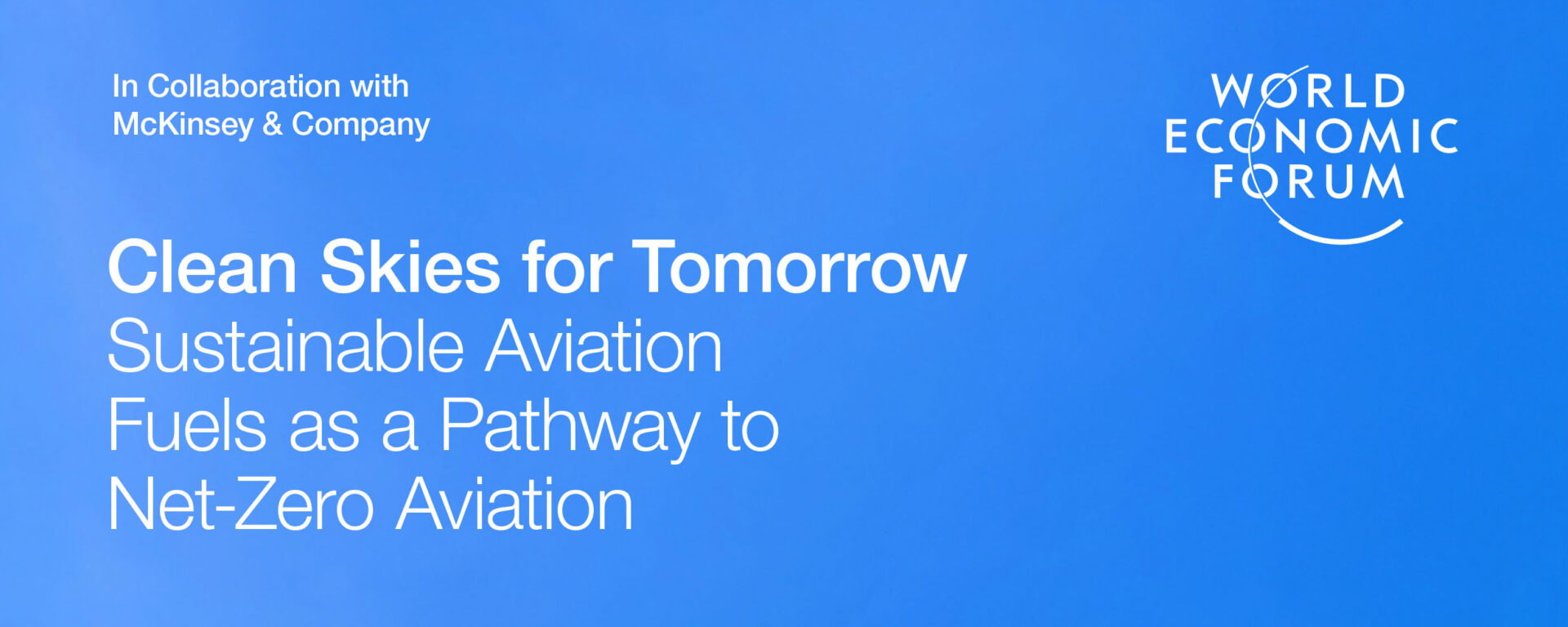
A new report published by the World Economic Forum (WEF) in collaboration with McKinsey & Company has confirmed that Sustainable Aviation Fuel (SAF) presents the most viable, ‘here and now’, green technology available in the decarbonisation of aviation with synthetic fuels being made from sustainable feedstock.
The report, Sustainable Aviation Fuels as a Pathway to Net-Zero Aviation, has been produced as part of WEF’s Clean Skies for Tomorrow initiative. It confirms that “a transition to SAF is within reach”, with no changes to existing aircraft or airport infrastructure required, and enough sustainable feedstock available to fuel this shift. “SAF is the most achievable and most effective pathway to reduce aviation’s lifecycle emissions in the immediate future,” says the report.
As developers of the UK’s first waste-to-jet-fuel plant, Altalto Immingham, Velocys will be at the forefront of the roll out of SAF both nationally and internationally, fuelling the future of air travel.
Commenting on the publication, Henrik Wareborn, CEO of Velocys, said: “The World Economic Forum’s new report demonstrates there is a clear path for aviation to cut its emissions significantly through the use of Sustainable Aviation Fuel (SAF).
“Altalto, our planned facility in North East Lincolnshire, will be the first waste-to-jet-fuel facility of its kind in the UK, taking hundreds of thousands of tonnes of waste per year which would otherwise have gone to landfill or incineration to produce SAF that considerably reduces both greenhouse gas emissions and exhaust pollutants from commercial aviation.
“The report confirms that there is ample solid waste feedstock available at a global level to supply projects like ours, and shows that aviation can be provided with enough SAF to meet long-term decarbonisation goals without the use of food crops and without causing land use change.”
8 September 2025
2 September 2025
21 August 2025